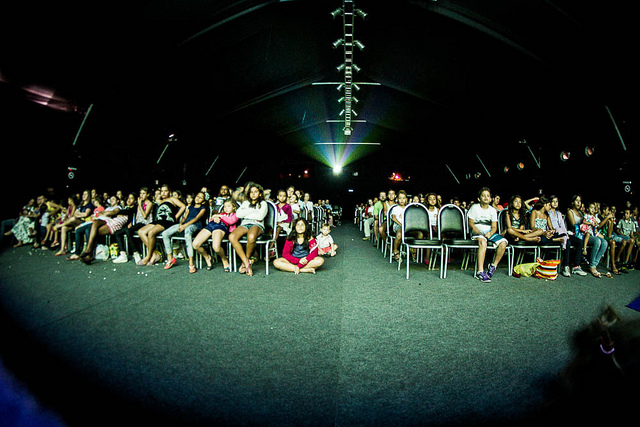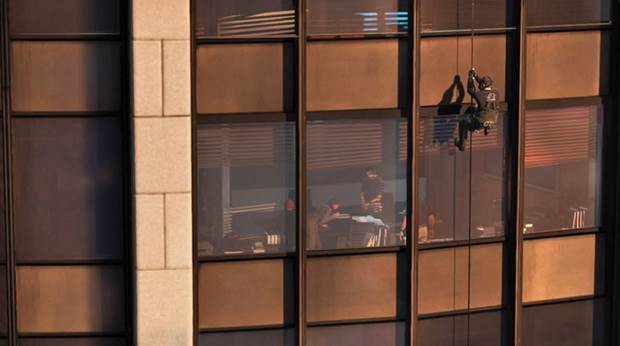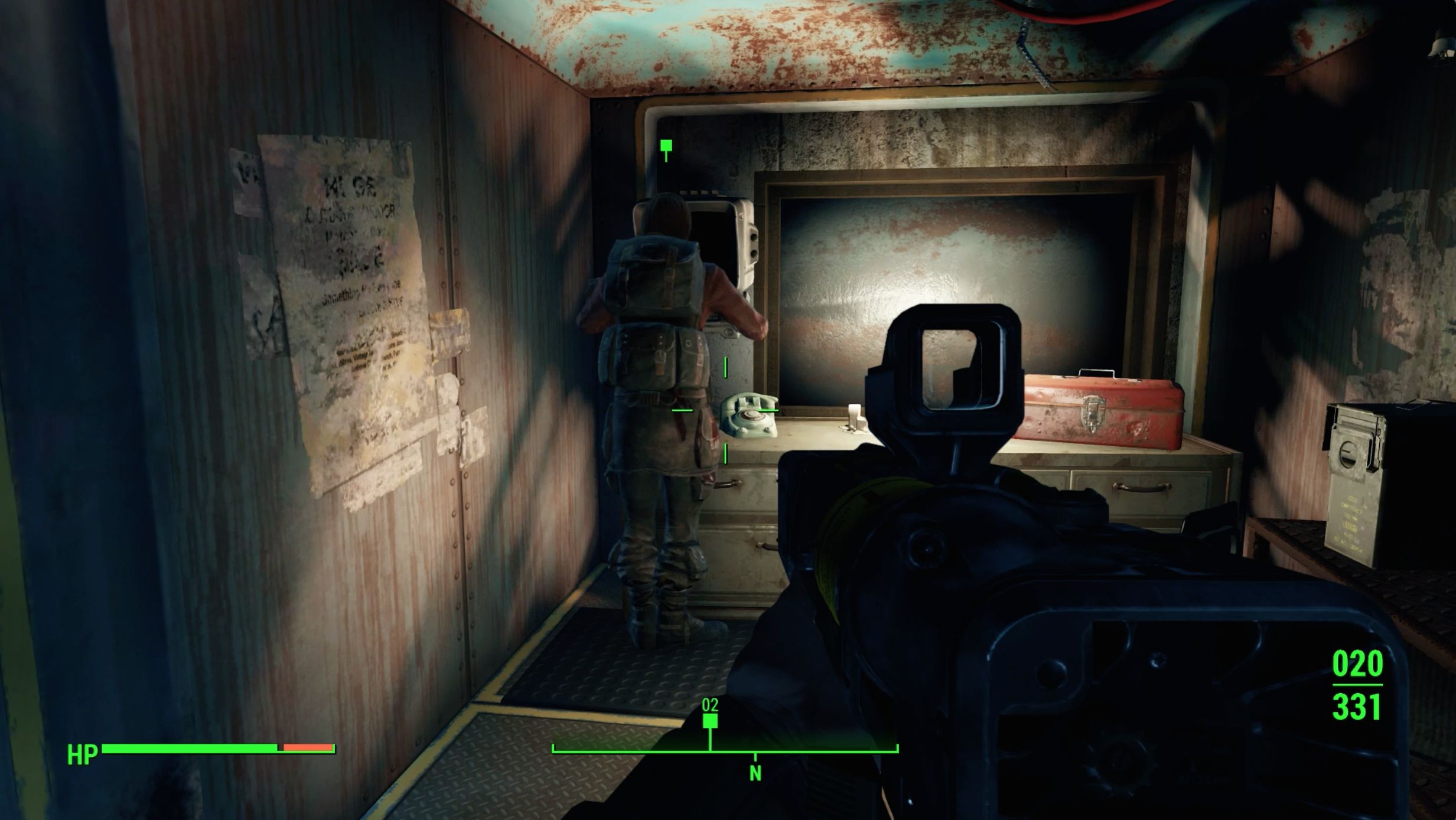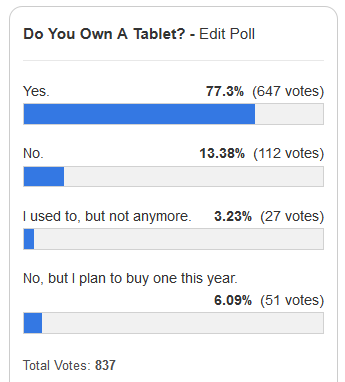

You’re currently reading a website filled with content written by people overly enthusiastic about technology. But sometimes, technology can attack. It can ruin things. It can get you in trouble.
And however much we love streaming services like Netflix and Amazon Prime Instant Video, they’re not always a force for good. No, really. Please don’t look at us like that.
Here are three reasons why streaming movies can be bad for you, me, and everyone who truly loves the medium of film.
We’re over saturated with films at this point, with so many at our fingertips because we demand accessibility. It doesn’t matter whether it’s an obscure title or a brand new blockbuster: cable and streaming, as well as a wealth of DVD and Blu-ray releases, mean we rarely need to search for a movie.
Don’t get me wrong: having all of this content easily available to us is incredible, but it does mean we have become over-familiar with the medium, so much so it becomes background noise. It’s not wholly the fault of an abundance of movies: we have so many distractions, many of us aren’t solely focused on a film.
Oh, it’s not like the old days when you’d head down to the video store and pick up a film because you really wanted to see it. Now, we have a movie playing in the background while focusing most of our attention on Facebook or Twitter. Which means we’re hearing movies rather than watching them these days.
Thanks to streaming, the temptation to shove on an often-watched favorite is substantial, especially when you’re bored and biding time.
Do you have half an hour to kill before leaving for work? Just pop on a Harry Potter movie. You’ve seen them all lots of times before, so it won’t matter when you inevitably stop it mid-scene when real-life gets in the way. It’s still not an ideal way to watch a movie, as you can’t get carried away with a tale if you only see it part of the way through.
OK, so you have found a new favorite movie. You’ve had an odd fascination with Howard the Duck for far too long, but that passion has now subsided and you’re attached to Transformers: Age of Extinction instead. You’re clearly some sort of masochist.
Your kids are enjoying Rugrats in Paris: The Movie, and that gives you time to play with your Optimus Prime action figure.
But wait a minute. They have… vanished! Nooooooooooo, to quote Darth Vader.
Netflix has a lot of new content. That’s great. Thumbs-up to Netflix. To paraphrase Homer Simpson, however, every time something new appears, it pushes some old stuff out. Bye bye, Curious George; here comes The Expendables 3! Oh, joy.
Search the International Business Times for “Netflix Movies Disappearing 2015” and you’ll see so many results of films you no longer have access to you’ll want to organize a mass funeral to mark their passing.
Fortunately, you can hold a seance by scouring Amazon for DVDs and Blu-rays; yet it’s not just movies that suffer. TV shows, too, disappear faster than a magician at a kids’ birthday party. In October, Wolverine and the X-Men vanished, which is a huge annoyance.

If you’re hooked on the original Hawaii Five-O, the complete 12 seasons on DVD will set you back a shed-load of cash… That’s if you can find them all. Chances are, you’ll have to scour eBay. Which isn’t great if you’re halfway through watching this classic show when it’s suddenly, and unceremoniously, pulled from Netflix.
One day, there might be a movie called “The Great Catalog Cull,” a dystopian tale of streaming services deleting content and the Ballard-esque mayhem that ensues (copyright, Philip Bates).
Everything is conspiring to kill cinema. The expense; uncomfortable seating; pirating; the Government (probably) – and yes, streaming too.
Going to the cinema is a proper experience. For some, it’s a Night Out. For others, it’s a date. And for the rest, it’s social interaction without actual interaction.

Taken out of our usual environment, we can view a film in a more rounded fashion. There’s something distinctly pleasing about watching a movie in a place dedicated to playing movies, surrounded by people who actively want to watch that movie. It’s like group isolation – or, if you will, therapy.
This is where everyone’s laughing and crying with you.
Distractions are a world away. Use your phone in a screening and the screen lights your face up like the fourth of July. You can’t switch over during the boring conversion bits. And while you could curl up in a blanket, take off your shoes, nurse a bottle of wine, and slowly burrow into a seat/ significant other/ complete stranger (delete as applicable), you would get a reputation. And possibly a restraining order.
You might argue that going to the cinema is actually a bad experience, depending on the theater you attend, but if you do manage to find a good one, it’s the ideal place to get completely enthralled by a strong narrative.
A massive screen is typically much more preferable than your iPad mini (no offence). Mind you, a monolith can expose terrible CGI (computer-generated imagery) worse than a mobile device with unlimited Neflix.
So, the question is, can you save yourself from letting streaming ruin your love of movies? Yes, you can. But it will take some conscious effort on your part.
Here are some tips:
What further tips can you offer those who are finding that streaming services are killing their passion for movies? Do you prefer streaming to going to the cinema? If so, why? Does it annoy you that we live our lives around tiny screens?
Please let us know your thoughts in the comments below.
Image Credits: Bored man by Dave Clark Digital Photo via Shutterstock, Taro the Shiba Inu via Flickr, Overmundo via Flickr.




 Fallout 4: Learning Curve walkthrough
Fallout 4: Learning Curve walkthrough POLL: What's Your Favorite From CES This Year?
POLL: What's Your Favorite From CES This Year? How to use Bayonetta 2 Heel Slide, Tetsuzanko, Witch Strike, After Burner Kick and More Combat Moves for Nintendo Wii U
How to use Bayonetta 2 Heel Slide, Tetsuzanko, Witch Strike, After Burner Kick and More Combat Moves for Nintendo Wii U McBusted to open for 1D’s Australia tour 2015 - dates / setlist
McBusted to open for 1D’s Australia tour 2015 - dates / setlist Halo 4 Review: The Definition of a Classic
Halo 4 Review: The Definition of a Classic